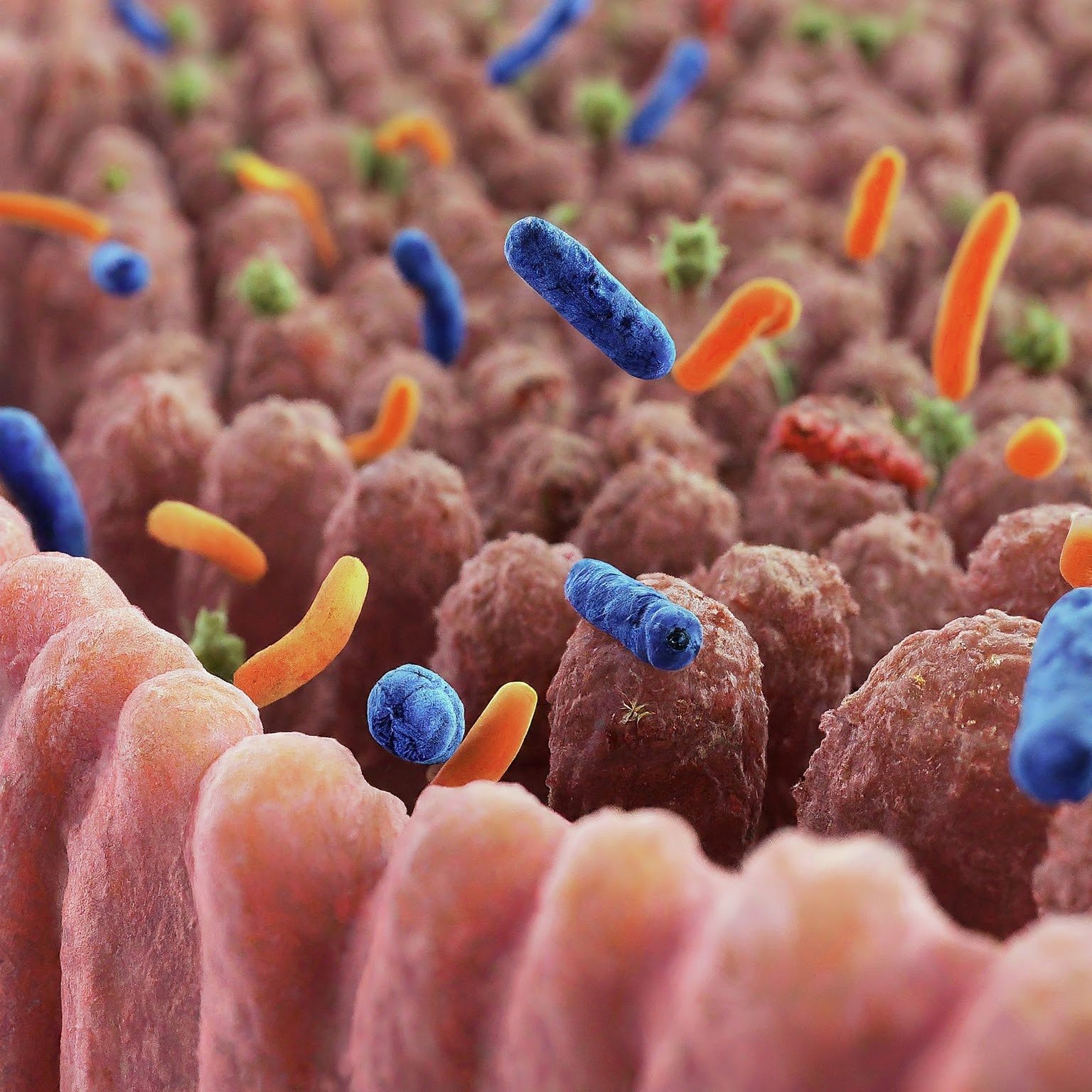Microplastics and Kidney Disease: The Evidence So Far
Microplastics (MPs) are tiny particles of plastic, typically less than 5 millimetres in size, that have become a pervasive environmental concern. They are present in our air, water, food, and increasingly, within our bodies. While the health implications of these particles are still being researched, recent evidence suggests a worrying link between MP exposure and kidney damage. The kidneys, essential for filtering toxins and waste from our bodies, may be particularly vulnerable to the toxic effects of these particles.
Understanding the Importance of Bowel Movement Frequency for Kidney Health
Recent research from the Institute for Systems Biology (ISB) has revealed fascinating insights into how bowel movement frequency (BMF) can significantly impact overall health, particularly kidney health, and the potential development of chronic diseases. This study, published in the Cell Reports Medicine journal, examined data from over 1,400 generally healthy adults in the United States, predominantly from the Pacific West.
The Impact of Microplastics on Gut Health: An Emerging Concern
In recent years, the intersection between environmental pollution and human health has become a focal point of scientific research. A recent article published in the World Journal of Gastroenterology, entitled “Impact of Microplastics and Nanoplastics on Liver Health: Current Understanding and Future Research Directions,” delves into a crucial aspect of this intersection – the interaction between microplastics (MPs) and gut microbiota.
Assessing Your Home for Mould
Could your home be making you chronically ill? If you have developed symptoms since living or working in a new environment, or if you have noticed symptoms improve when away from your home for an extended period, it would be wise to consider whether you may be suffering from Sick Building Syndrome, also known as Chronic Inflammatory Response Syndrome (CIRS).
Is Mould Exposure Making You Sick?
Is Mould Exposure Making You Sick? Living or working in a mould affected or water-damaged building can cause a range of chronic health issues. Symptoms often develop gradually meaning you may not necessarily correlate it to the home or workplace.
How a Lower Phosphorus Diet Can Benefit People with Chronic Kidney Disease
Chronic kidney disease (CKD) is a condition that affects millions of people worldwide, and it can have serious consequences for one's health and quality of life. CKD occurs when the kidneys lose their ability to filter waste and excess fluids from the blood, leading to a buildup of toxins and electrolytes in the body. This can cause various complications, such as high blood pressure, anaemia, bone disease, cardiovascular disease, and kidney failure.
The Gut Microbiome and Chronic Kidney Disease: A Vital Connection
Chronic kidney disease (CKD) affects millions of people worldwide, posing significant health challenges. While conventional treatments focus on managing symptoms, emerging research highlights the critical role of the gut microbiome in CKD progression. In this article, we explore the intricate relationship between gut health and kidney function, emphasising why individuals with CKD should prioritise strategies to support their gut microbiota.







